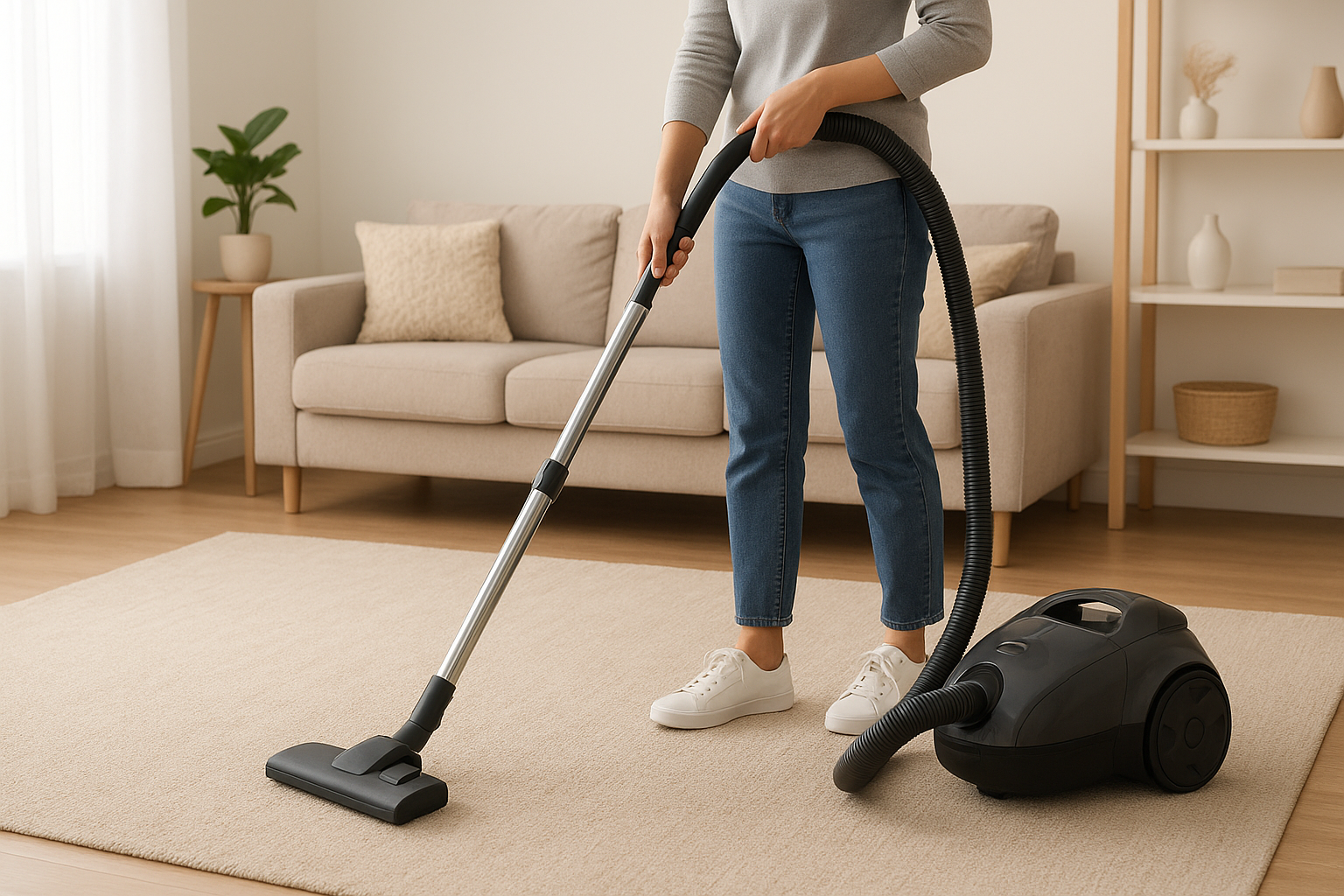Indoor air pollution can cause headaches, allergies, affect lung health, exacerbate respiratory illnesses like asthma, weaken the immune system, and increase the risk of infections. Here are some tips families can apply for a healthier living space.
Eliminate cigarette smoke
Smoking is harmful to health. Cigarette smoke contains more than 7,000 chemicals, many of which can cause cancer and weaken the immune system. If someone in the family smokes, these chemicals often cling to household items and clothes. Families should eliminate these harmful substances by washing and airing clothes and other items in sunlight with UV rays to remove odors and bacteria. Open all windows and use fans to eliminate the smell of smoke and keep the air in the room fresh.
Grow indoor plants
Growing plants indoors helps naturally purify the air and enhances the aesthetic appeal of the living space. Plants like orchids, snake plants, aloe vera, and ferns help remove toxins such as benzene and formaldehyde. For plants to thrive, families should place them in suitable locations. Some plants prefer direct sunlight, while others prefer shade.
Use an air purifier
Using an air purifier at home helps maintain good air quality. The device cleans indoor pollutants like dust and allergens, reducing the risk of respiratory problems.
 |
Regular vacuuming helps clean the living space. Image generated by AI. |
Vacuum regularly
Regular vacuuming can remove dust, allergens, and pet hair from carpets and other surfaces in the house, thereby improving indoor air quality.
Maintain air conditioners and heaters
Families should regularly maintain household appliances, such as changing old filters on air conditioners and heating systems. These devices often contain large amounts of dust and mold spores, which can affect indoor air quality if not cleaned. When devices are not cleaned regularly, dust accumulates on their parts, reducing their function and cooling efficiency.
Avoid using carpets
Carpets can trap pollutants like dust mites, pet dander, mold, and various other types of dirt, becoming a breeding ground for allergies, respiratory, and digestive illnesses. If you still want to use carpets, clean them regularly using dry cleaning or steam cleaning methods.
Le Nguyen (According to Hindustan Times)
| Readers can submit questions about respiratory illnesses here for doctors to answer. |












